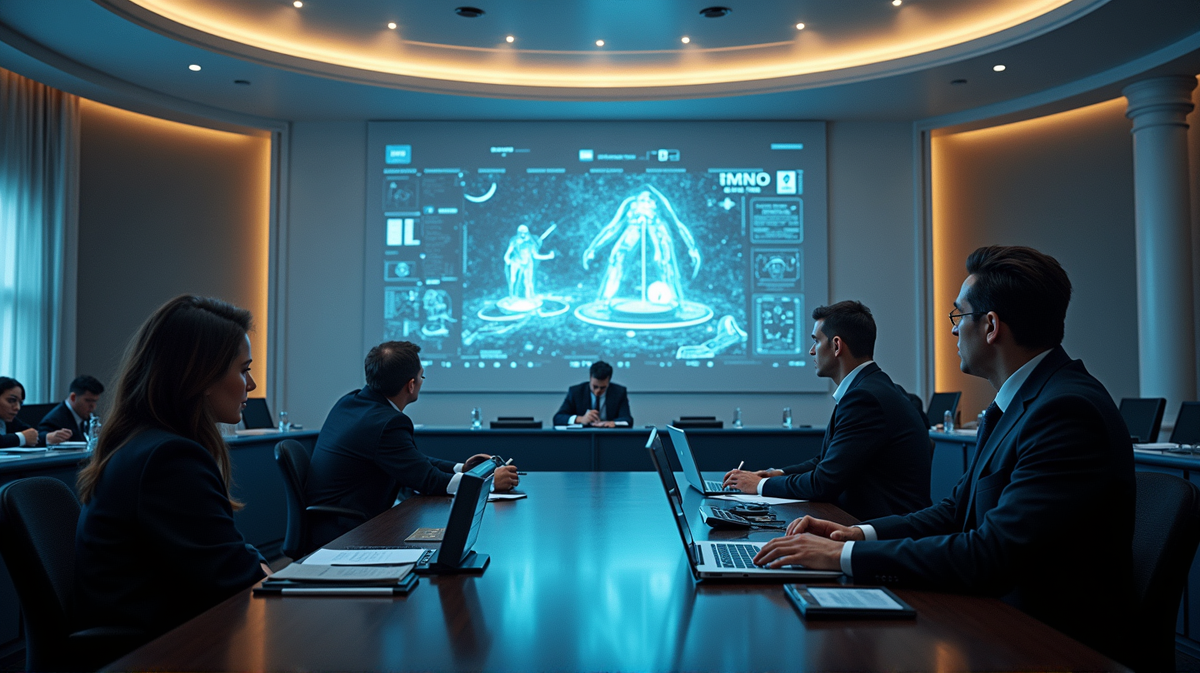Washington, D.C. Leads with Technology Competence for Lawyers
A new era of ethical standards dawns in Washington D.C. as the region embraces technology competence for lawyers.

The New Legal Mandate
A significant stride has been made in the legal landscape of Washington, D.C. The District of Columbia Court of Appeals has officially recognized the importance of technology competence as an essential ethical obligation for its attorneys. This mandates that lawyers must not only be adept in legal doctrines but also skilled in the modern technologies that are reshaping the industry.
Impact on the Legal Profession
This move signals a profound shift towards integrating technological advancements into daily legal practices. Lawyers in Washington, D.C., will now need to familiarize themselves with software, tools, and applications that enhance their practice, ensuring efficiency while maintaining confidentiality and security.
The Rise of Digital Literacy
With the formalization of this ethical duty, digital literacy is no longer a choice but a necessity for all legal practitioners in the capital. Technology is being viewed not just as an add-on but as an integral part of legal processes, from document preparation and evidence analysis to client communication.
Adapting to Change
Law firms may now face the challenge of equipping their teams with the knowledge and tools needed to comply with these new ethical standards. This may entail investment in training and development programs to foster an environment where technology fluency is the norm rather than the exception.
Prospects for the Future
Looking ahead, this progressive move by the District of Columbia Court of Appeals could serve as a blueprint for other jurisdictions, encouraging a nationwide embracement of technology in legal ethics. As stated in JD Supra, this new mandate holds promise for a more dynamic and robust legal system that is well-prepared for the challenges of a rapidly evolving digital age.
A Call to Action
For lawyers in the District, the time to integrate technology into their practice is now. This is not merely about compliance but about future-proofing the profession against the continuous tide of technological evolution, ensuring that the legal field remains relevant and responsive to societal needs.





